Do you know the difference between myths and facts regarding milk? Unfortunately, there are a lot of myths out there about this dairy product, but we’re here to set the record straight. In this blog post, we will debunk seven of the most common myths about milk and learn the scientific facts about milk. We will also share some interesting facts about this nutrient-rich drink. So please sit back, relax, and let us teach you everything you need to know about milk!
Milk is the foundation of every mammal’s diet after birth when our digestive systems are immature and small. It’s a superfood that helps our bodies get started and grow. Most people go for A2 cow milk because it is the best milk for kids and adults.
Many people are confused about milk because of the misconception of milk myths.
Let’s look at the myths about milk and its facts to clear the misconception about it.
Myth #01: Milk is High in Cholesterol
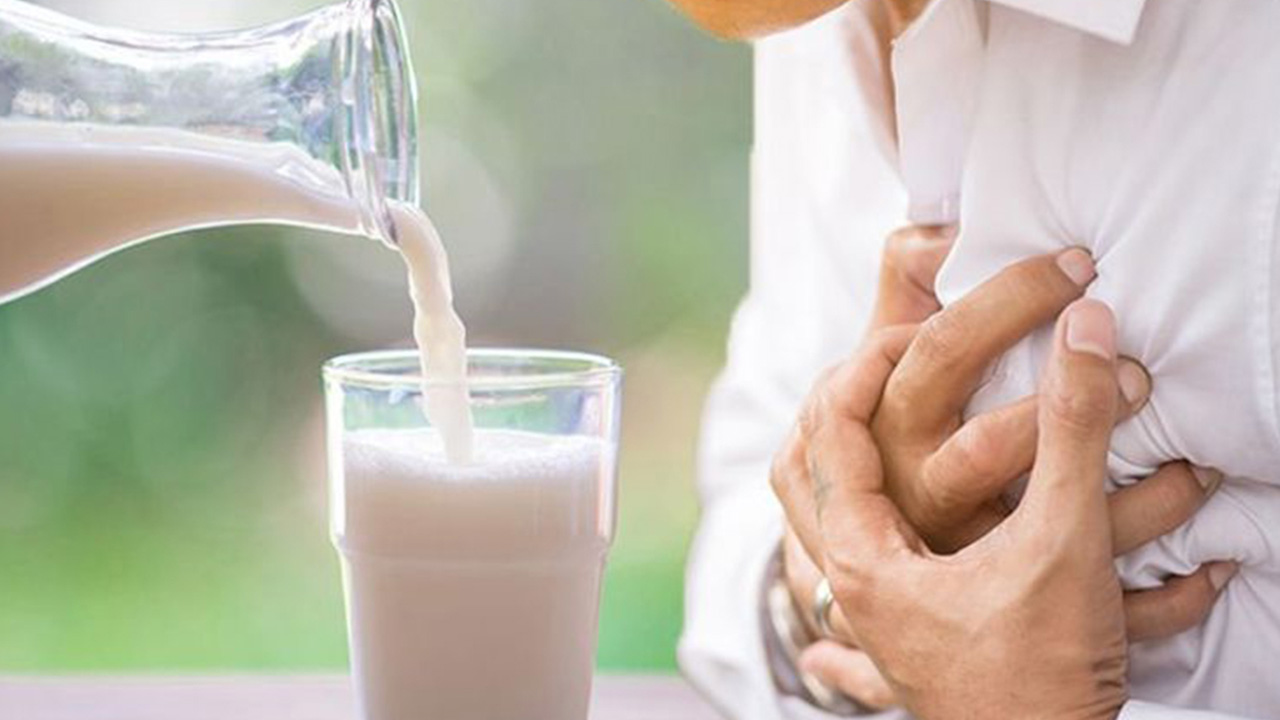
There are a lot of myths and misconceptions about milk out there. One of the most common is that milk is high in cholesterol. In reality, milk is not high in cholesterol at all. In fact, it has a shallow cholesterol content. So if you’re worried about your cholesterol levels, don’t be – milk can help improve them! Milk also contains a variety of other nutrients that are essential for good health, including calcium, vitamin D, and protein. So next time you’re considering skipping the milk, think again!
Myth #02: Milk Causes Bloating and Gas
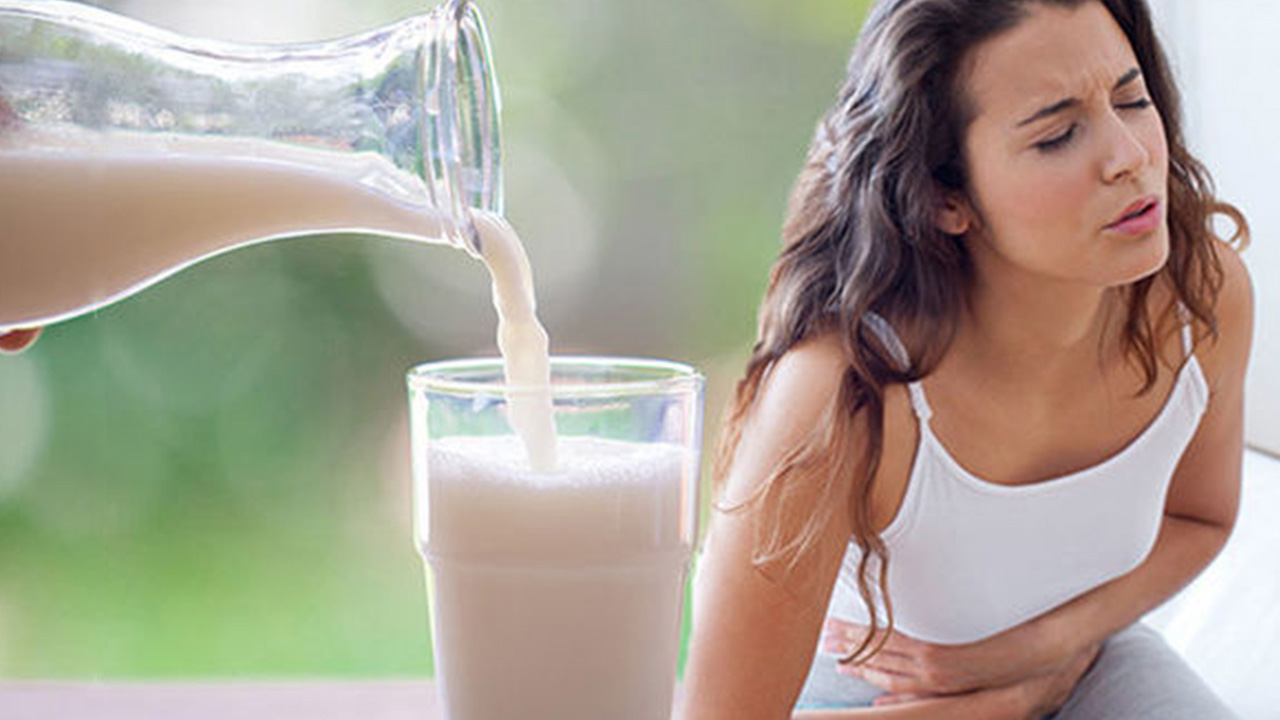
There are many myths about milk, but one of the most common is that it causes bloating and gas. However, this is not true. Milk does not contain any ingredients that would cause these problems. So feel free to drink as much milk as you like without fear of bloating or gas! Lactose intolerance may be the real culprit behind these issues, so if you suspect you may be intolerant, speak to your doctor. Otherwise, enjoy all the delicious benefits of milk without worry!
Another common myth is that milk is fattening. Again, this is not true. Milk actually contains a number of nutrients that can help you maintain a healthy weight. So don’t be afraid to include milk in your diet!
Also Read: Top 18 Reasons Why You Should Consume A2 Cow Milk
Myth #03: Preservatives Are Added to Packaged Milk

One common myth about milk is that preservatives are added to packaged milk. This is simply not true. Preservatives are not necessary for milk because it is a highly perishable product. Packaged milk is typically pasteurised to extend its shelf life. Pasteurisation is a process of (Ultra Heat Treatment)heating the milk to kill any harmful bacteria that may be present. While this does slightly alter the taste of the milk, it does not add any preservative ingredients. So, the next time you see a carton of milk on the store shelf, you can rest assured that it does not contain any preservatives.
Myth #04: Milk Is High in Sugar
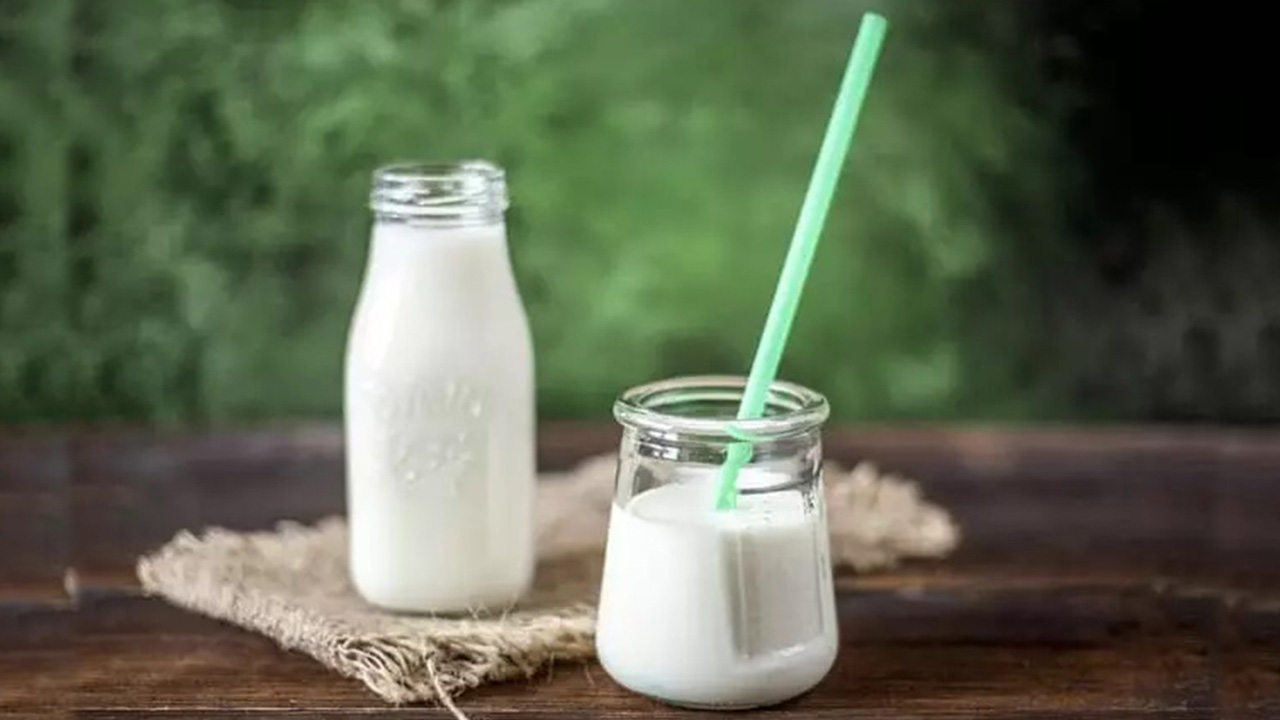
There are many common myths about milk. One of the most common is that milk is high in sugar. In reality, however, milk is not high in sugar at all. In fact, it has a very low sugar content compared to other beverages such as soft drinks or fruit juices. So if you’re looking for a healthy beverage that doesn’t contain a lot of sugar, milk is a great option!
Another common myth about milk is that it is bad for your health. This is simply not true! Milk is a great source of calcium and other important nutrients. It can also help to reduce the risk of some chronic diseases such as obesity and type II diabetes. So if you’re looking for a nutritious beverage, milk is a great choice!
Myth #05: Milk Causes Acne

Myth #06: You Can't Drink Milk if You're Lactose Intolerant
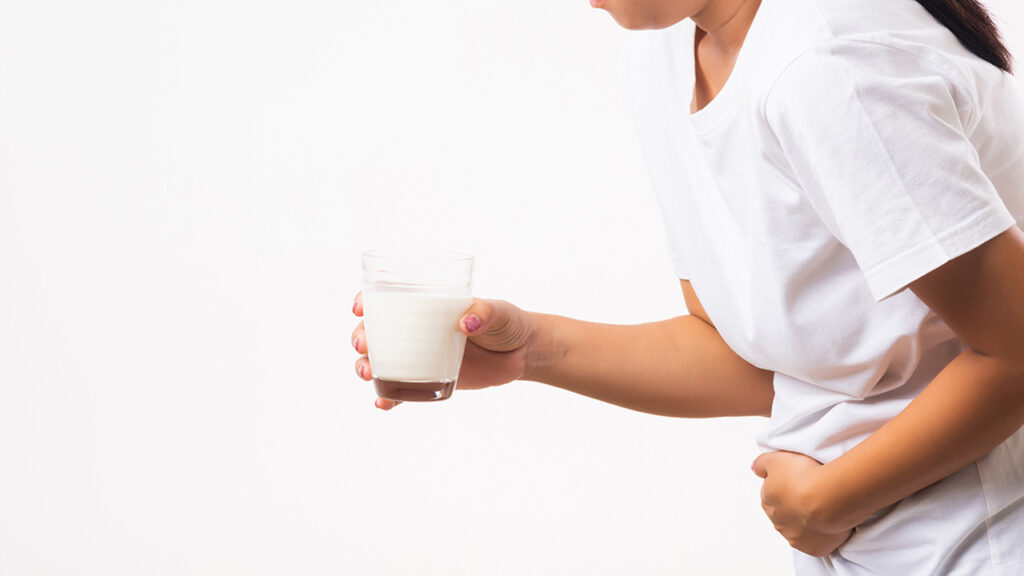
There are many myths surrounding cow’s milk, and one of the most common is that people with lactose intolerance can’t drink it. However, many lactose-intolerant people can still drink cow’s milk but in moderation.
People with lactose intolerance can typically endure up to 12 grams of lactose. This is equal to one large cup or about 8 ounces (~240ml ) of milk. Some people can consume up to 12.5 ounces of milk without experiencing any side effects. Lactose is a sugar found in milk and milk products. When someone with lactose intolerance drinks cow’s milk, their body doesn’t produce enough of the enzyme needed to break down lactose. This can lead to gastrointestinal symptoms like bloating, and diarrhoea.
The key is to find the right type of milk for your specific needs. There are many different types of lactose-free milk available on the market, like soy milk and almond milk, so it is sure to fit your needs else you can consult it from your doctor for more assurance.
Myth #07: Milk Is a High-calorie Drink
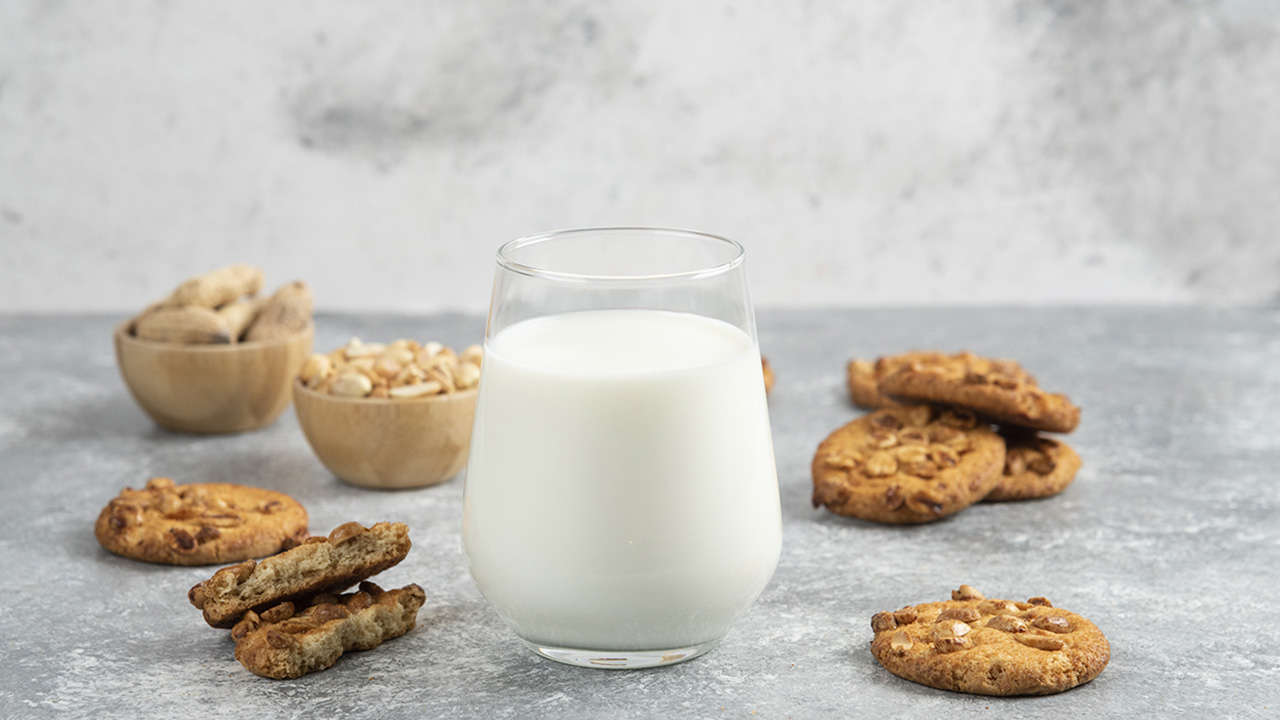
Debunking common myths about milk can help people make more informed decisions about their diets. For example, many people believe that milk is a high-calorie drink. In reality, milk has a very low calorie content compared to other beverages such as soft drinks or fruit juices. So if you’re looking for a healthy beverage that doesn’t contain many calories, milk is a great option!
Take a Look at Some More Interesting Milk Facts:
The science is precise that dairy does not cause inflammation. A recent review of the scientific literature by the Dairy Research Institute found that “consumption of dairy products, including milk, yoghurt, and cheese, does not increase the risk of developing chronic diseases such as heart disease, stroke, cancer or diabetes.”
In fact, dairy has been shown to have many health benefits, including reducing the risk of heart disease and stroke, reducing the risk of type II diabetes, and helping to maintain a healthy weight. Dairy is also an essential source of nutrients, including calcium, vitamin D, and protein. We farm organic milk; our A2 cow milk is also available in Indore locations.
So don’t believe the myths – Dairy is not bad for you, it’s good for you!
– Cow milk contains more than seventeen micronutrients.
– Milk is an excellent source of calcium, protein, and vitamin D.
– Cow’s milk is the most popular type of milk globally.
– Milk is an excellent source of energy and can help you stay healthy and strong.
– Goat’s milk has a different nutrient composition than cow’s milk, making it a good option for people who are lactose intolerant or have other dietary restrictions.
– Soy milk is a good alternative to cow’s milk for vegan people who have allergies to dairy products.
So, feel free to drink as much milk as you like. Active Moo farms produce and do home delivery of A2 milk in Indore.
Frequently Asked Questions
Is milk good or bad for you?
How many glasses of milk should a teenager drink each day?
There is no one-size-fits-all answer to this question, as the amount of milk a teenager should drink each day will depend on several factors, including their age, weight, and activity level. However, the Dietary Guidelines for Americans recommend that teenagers aged 14-18 consume 3 cups (24 ounces) of milk per day. This recommendation is based on the fact that milk is a good source of calcium, which is essential for bone health. Milk is also a good source of vitamin D, which helps the body absorb calcium. Teenagers who do not consume enough milk may risk developing osteoporosis later in life.
Is dairy milk bad for you?
There is a lot of debate over whether or not dairy milk is bad for you. Some people believe that dairy milk is packed with nutrients and can help build strong bones, while others believe it is loaded with unhealthy fats and cholesterol. So, what is the truth?
Milk is a common staple in many diets, but there is still a lot of confusion about which type is best for our health. For years, we have been told that milk is an essential source of calcium and other nutrients, but the answer may actually depend on which type of dairy milk you are consuming. For example, our cow milk does not contain any preservatives, artificial colours, flavours, or sweeteners. On the contrary, regular milk may contain some of these additives. In addition, cow milk contains more calcium than regular milk.
So, if you are trying to improve your health and lower your cholesterol levels, cow milk may be the better choice. However, it is important to do your own research and consult with a healthcare professional.

